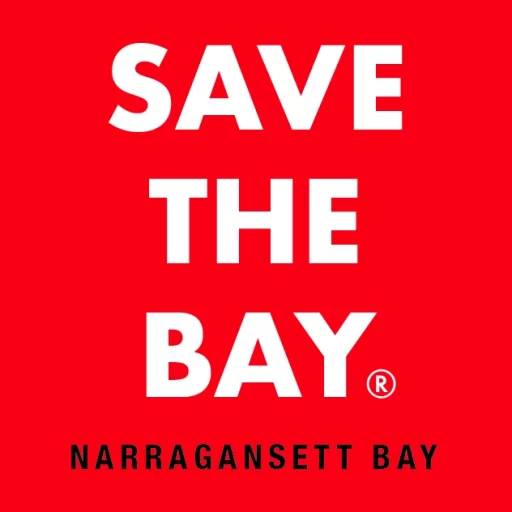Jonathan Stone, Save The Bay: Rhode Island’s CRMC needs fundamental change
For six months, a House of Representatives study commission has been examining “the effects and procedures for the reorganization of the RI Coastal Resources Management Council.” Save The Bay applauds House Speaker Joe Shekarchi and study commission chairwoman Rep. Deborah Ruggiero, who sponsored the resolution establishing the commission, for this long-overdue review of CRMC.
Save The Bay is honored to sit on the commission alongside House members; representatives from municipalities, academia, developers, fishing and shellfishing groups; and environmental advocates. So far, the commission has heard from current and past CRMC staff; the fishing, shellfishing and aquaculture sectors; federal agencies; and the public.
One consistent theme emerging from our deliberations: the CRMC executive director and staff are professional, knowledgeable and accessible, despite operating with a bare-bones budget and limited resources. The staff create coastal plans and regulations, review development proposals, enforce environmental laws and restore habitats. Increasing climate change impacts, offshore wind energy proposals and public access issues only intensify their workload.
We’ve heard from a few who believe that the CRMC Council—a politically-appointed group of volunteers who serve without term limits—contributes to the agency’s value by functioning as a “citizen jury,” providing “ten more sets of eyes and ears” on major agency decisions. But Council members are not required to have any expertise in coastal matters, and wield the power to make major permitting and enforcement decisions. The Council can, and has, operated as both judge and jury.
As an organization that has monitored CRMC for decades, Save The Bay has found that the executive director and staff—not the Council—are responsible for CRMC’s successes. In fact, the Council has at times undermined the staff and harmed the credibility of the agency.
CRMC makes decisions that impact R.I.’s coast for generations. To ensure transparency, consistency, and the integrity of the decision-making process, these determinations should rest with the agency’s director, accountable to the governor, as they do with other executive branch agencies. Not with a group of politically-appointed individuals.
Therefore, Save The Bay supports three fundamental changes to CRMC’s structure, starting with the 10-member Council:
First, make the Council an advisory body. The General Assembly can and should amend the law so that the Council cannot override staff experts on permitting and enforcement matters, but can advise the agency on policy initiatives and program improvements. A Citizens Advisory Council would include individuals knowledgeable in coastal law and policy, and represent coastal, urban, indigenous, and environmental justice communities. Citizens Advisory Council members would be appointed by the governor and term-limited.
Second, hire a full-time agency staff attorney. This would end CRMC’s decades-old practice of contracting private practice attorneys who have other clients—a practice that invites conflicts of interest—and give staff legal representation at hearings. (The Department of Environmental Management already does this.)
Third, as required by law, the governor should appoint an existing state hearing officer to CRMC. This would replace the practice of allowing Council members to act as both judge and jury. Hearing officers promote transparency and impartiality; they reduce opportunities for undue influence; and align the CRMC adjudication process with that of other state agencies, including DEM.
Save The Bay supported the creation of CRMC in the early 1970s and has long advocated reform of the agency’s structure. Fifty-one years later, we now support a reset that will position CRMC to handle the immense challenges facing Rhode Island’s coast in the 21st century.

